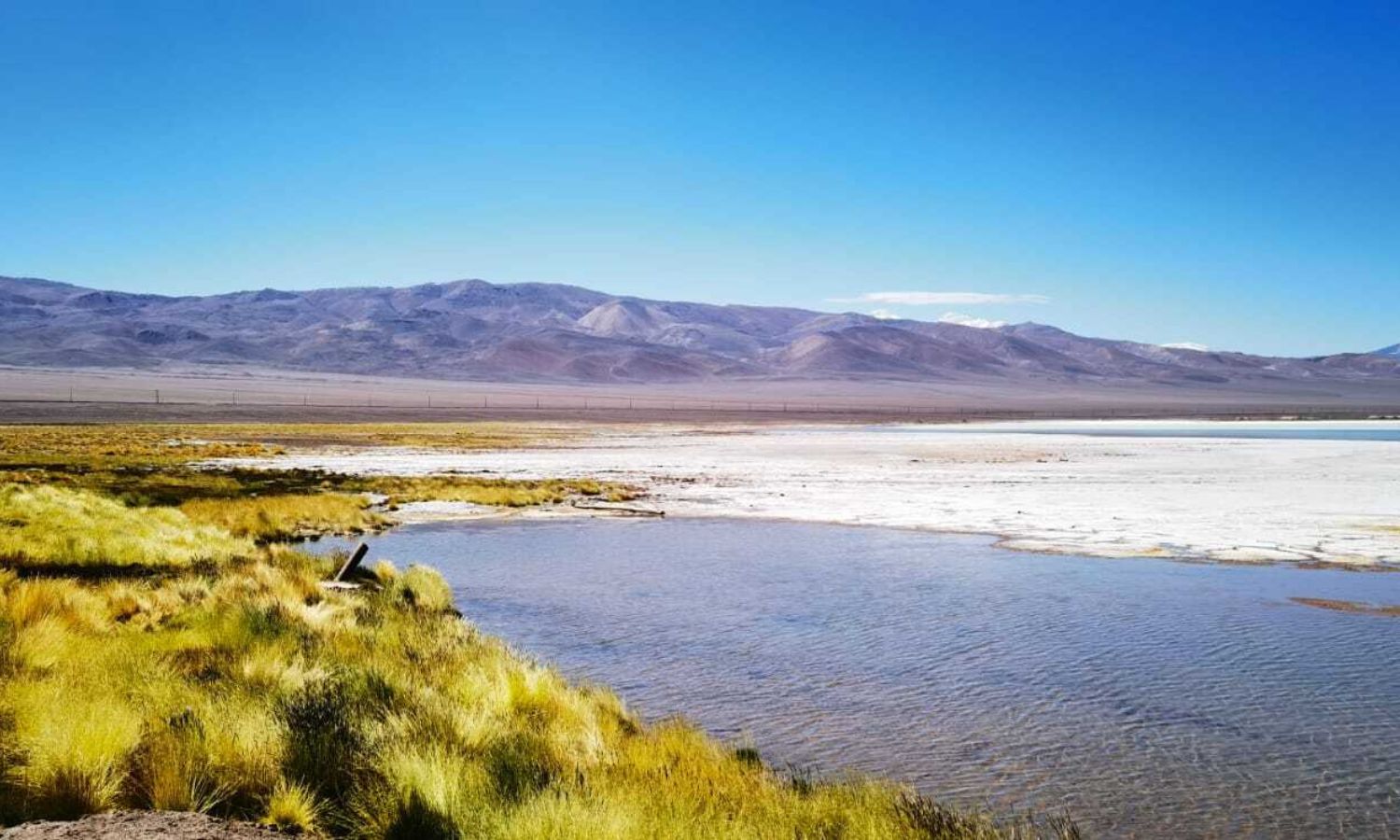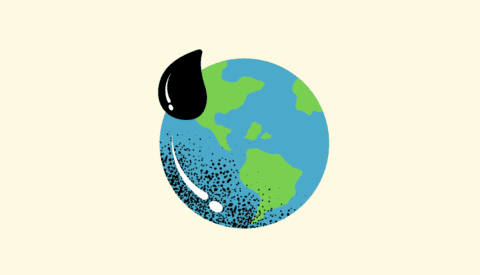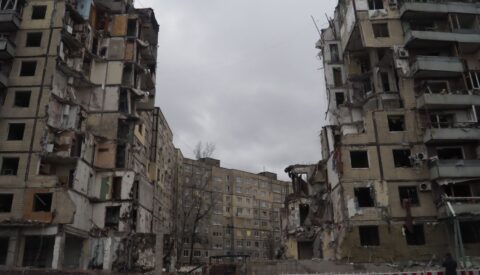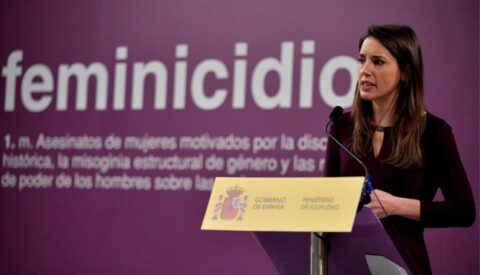Lithium Mining: How The Clean Energy Rush Repeats Old Cycles Of Global Exploitation
The search for clean energy is essential in an age of alarming climate change. Lithium extraction represents a great opportunity, but the maltreatment of communities affected by this extraction must be considered if we want to interrupt the vicious cycle of wealthy countries exploiting resource-rich countries.
Article

Article
The scientific community continues to warn that burning fuels to obtain energy is simply not sustainable for the planet. Among all the alternatives that currently exist, perhaps the most popular one for the transportation sector is electric energy. At first glance, it sounds tempting: electric trains, cars and buses capable of transporting people over long distances, equipped with almost limitless batteries, and charging stations distributed throughout the territory.
But to make electric batteries, which are also found in mobile and portable devices, lithium is needed. This mineral is currently experiencing high demand precisely because of its large energy storage capacity. Extracting it requires large amounts of water and chemicals. This is where some people are already asking: can we justify everything, in the name of energy transition?
But to make electric batteries, which are also found in mobile and portable devices, lithium is needed
The largest sources of lithium in the world are found in brine deposits in Argentina, Bolivia and Chile, making them the focus of attention for investors. But indigenous communities that depend on these territories and the resources found there demand prior dialogue and informed consultation before allowing the extraction of the mineral.
«To us, the salt flat represents our entire life», explains Lesley Muñoz Rivera, a representative of the Colla community in Copiapo, Chile. «The salt flat is a water reservoir. When they propose to extract large quantities and tons of water to dry them in the sun and obtain this lithium carbonate, they are harming the water. I define the Colla people as a water-based community, and if we don’t have water to live and provide for our animals or crops, how are we going to survive?»
Producers and consumers
Experts estimate that for countries like Chile, lithium represents an opportunity for development and economic growth. But because it also requires mining activity, new questions arise about the territory and its impacts.
Right from the start, you have a difference in terms of responsibility
«Before, there wasn’t much connection between the mining discussion and the energy equation, but now the energy transition has given a strong boost to mining activity because renewable energies require more technology and are mineral-intensive. So, that’s a first component, that there is more demand», says Juan Luis Dammert, director of the Institute for Natural Resource Governance in Latin America. «The second is that, coming with a clean energy narrative, there is the idea that the entire supply chain must be clean. It’s also an opportunity to strengthen standards in the mining industry. Globally, it has already become clear that climate change is a reality that requires rapid action».
The President of Chile, Gabriel Boric, announced a National Lithium Strategy, which proposes the creation of a state-owned company, but with public-private participation. It includes not only development and scientific research but also allows communities and indigenous people in the area to participate in joint dialogues with all stakeholders. The first meeting was already held in early June.
According to Dammert, there is a difference between a producing country and a consuming country. «There is a gap between the places where energy is produced or minerals are extracted for energy and where emissions are produced», he points out. «In Latin America, for example, the responsibility for global warming in terms of emissions is very low, unlike other places like Europe, the United States, and so on. So right from the start, you have a difference in terms of responsibility», he indicates.
This is not the only differentiating factor: «And then it is also very different to be an oil-producing country than not being one. In many nations, oil is their main activity, their main contribution, their most important source of income, and in those cases, there are not many incentives to fully engage in the energy transition and stop receiving those revenues», he says. «Even more so if you feel that your countries are not responsible for this problem because you will be harmed as a producer and the problems have been created elsewhere», he adds.
A new way of consuming
In Europe, the goal is to achieve renewable energy accounting for 42.5% of the EU’s total energy consumption by 2030, almost double what it represented in 2021. Still, a study warns that to achieve the objectives of climate neutrality by 2050, 35 times more lithium than the current usage would be required.
According to Muñoz, this type of energy consumption is fundamentally the same as the current one. «In reality, I believe we need to consider a new way of consumption, because it all comes down to a consumption model where everything is disposable, and where a car is valued more than freely moving within a city with clean air, for example. How can an electric car be more important than water? We live because of water, so how can we prioritize a car over water?» he asks. «I think there will obviously be a transition because of carbon emissions and climate change, but we have to propose solutions that do not create more problems», he emphasizes.
In Europe, the goal is to achieve renewable energy accounting for 42.5% of the EU’s total energy consumption by 2030
There are already new ways of extracting lithium that, although still expensive, have a lower impact. The role of governments is crucial in defining and ensuring that these impacts are minimized. Former Chilean president Michelle Bachelet expressed her opinion on the Chilean case, saying that the role of the state should be to present a long-term strategic vision for the entire production cycle, and that Boric «understands that ‘extractivism’ is not a sustainable project in the long term».
White gold, new oil
«I believe that the central point is for the state to have a role as an arbitrator and guarantor of the public interest; they often lack the resources to do so, as they are not adequately prepared, have limited personnel, and lack funds», Dammert states. «As a result, they may not be able to govern large companies that act with impunity, nor effectively manage land use or combat issues like informality».
«When consumers — not just buyers — demand certain standards, it contributes to improving the behavior of companies, which is undoubtedly positive. However, I don’t think it is sufficient, and it works better when you have a strong national-level state», he reflects.
Lithium, also known as «white gold» or «the new oil», is undoubtedly an opportunity. The energy model built around it can set a trend in the relationship between mineral supply chains and the rights over territories of communities directly dependent on those resources. But can we call it an opportunity for development? «When land is not seen as a territory for conquest or extraction but rather as a place where you live and give thanks, where you live and don’t need more than what you already have there, it becomes beneficial for everyone and addresses many issues», Muñoz suggests.
This content is part of a collaboration agreement of ‘WorldCrunch’, with the magazine ‘Ethic’. Read the original at this link.






